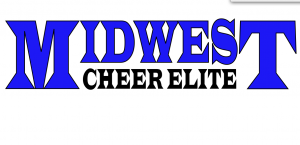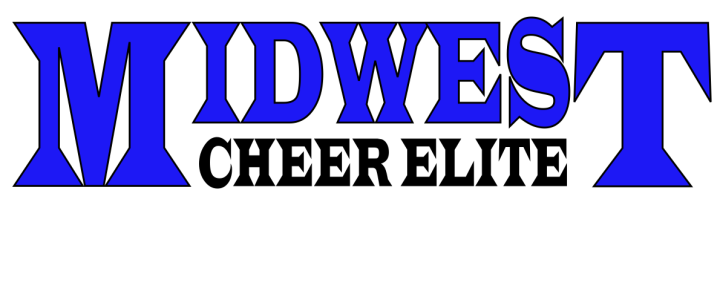Franchising Case Study #1: Midwest Cheer Elite
 In recent years, there’s been a major trend in the all-star cheer industry of large gyms either buying out or lending the use of their name to smaller gyms. In many instances, it appears to be a win-win situation: the larger gym is able to expand to more cities and grow its brand, while the smaller gym receives more credibility and business support. CheerProfessional talked to the owners of three cheer gyms who are giving franchising a try—and reaping the benefits.
In recent years, there’s been a major trend in the all-star cheer industry of large gyms either buying out or lending the use of their name to smaller gyms. In many instances, it appears to be a win-win situation: the larger gym is able to expand to more cities and grow its brand, while the smaller gym receives more credibility and business support. CheerProfessional talked to the owners of three cheer gyms who are giving franchising a try—and reaping the benefits.
Franchise Case Study #1: Midwest Cheer Elite
Midwest Cheer Elite has four locations in Ohio and Kentucky. Two of them are operated exclusively by MCE owner Tanya Roesel, and the other two are partnerships. In spring 2015, the program will begin offering a traditional franchise opportunity.
What inspired you to offer franchising? We usually get 10 to 15 inquiries a year about wanting to open up a Midwest Cheer Elite, or asking if we can come to a specific area. Each one is a little different.
How does it work? When we go into traditional franchising, what happens is they’re basically paying to use the name and follow all of our procedures, but on a legal end, I’m not “the partner.” They can pay me to do consulting for them, and they basically get the bible on how to be a Midwest Cheer Elite, including all of our policies. We’ll send people out to train them. It’s a big jump because you’re basically allowing your name to be used and having to trust that it will go the way you want and it’s going to be the same product.
How did you prepare for this? Partnering with other people has helped a lot. We’ve spent almost seven or eight years in partnerships with other locations, and I think that was the best bet. I don’t know that I would’ve gone from owning one location to just franchising because I’ve learned a lot from partnering or opening up multiple locations. Now, going into a franchise, I know to write in there that if something traumatic happens, they can still be Bobby’s All Stars, but they’re not going to be Midwest Cheer Elite anymore. We can pull our name away.
What are the benefits of franchising? I look at it as a way to get our product out to places we wouldn’t otherwise be able to. I’m not going to be able to go into an Arizona market and grow that company right away, because I’m not from Arizona and I don’t know their demographics. If somebody from Arizona wants to open up a Midwest Cheer Elite, I can give them the tools to make it successful.
Another advantage for those gyms—all the new Top Guns and Cheer Athletics, etc.—is they get the quantity discounts. Suzy’s gym might be ordering 12 pair of Nfinity shoes, whereas maybe we’re ordering 1200 pairs. The negotiating power is a little higher. Also, every gym has a unique set of coaches. It offers the athletes diversity, because I can send my staff from Westchester to my Florida location and those parents are getting something different for that particular week. I have one of the top Worlds co-ed stunters here at my Westchester gym, so now I’m able to share his talent with my other locations.
What advice would you offer other gyms thinking about offering franchising? There are a lot of state laws in franchising, so I’d tell people unless you’re really well-versed in franchise law and all of the things that have to happen, you’re often better off hiring a company that can get all of your corporate books together.
–Lisa Beebe








